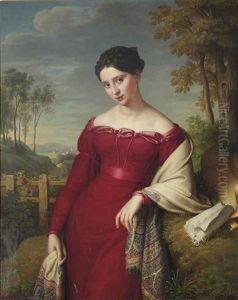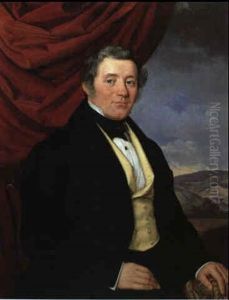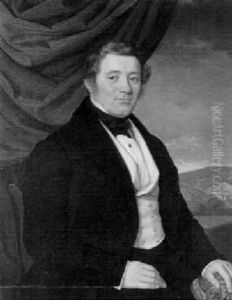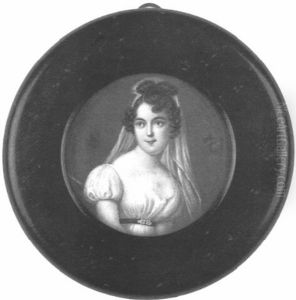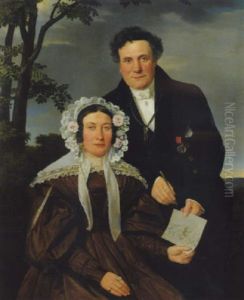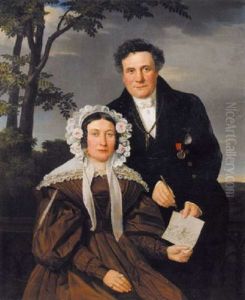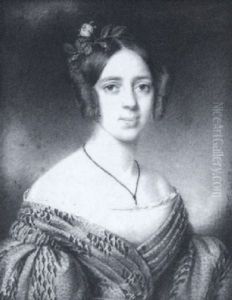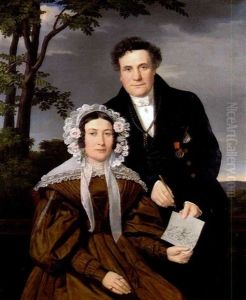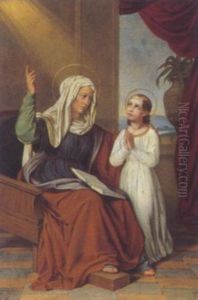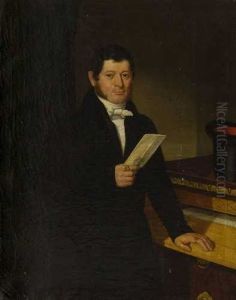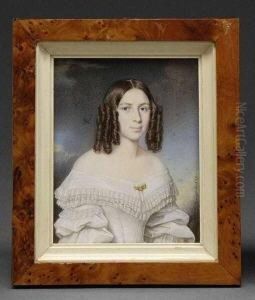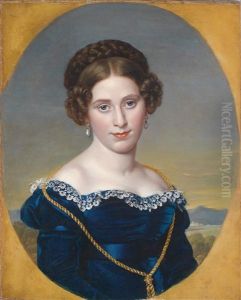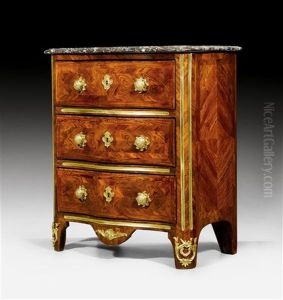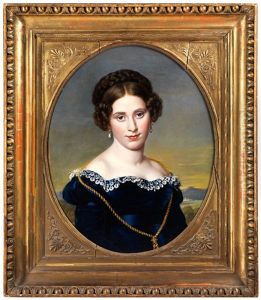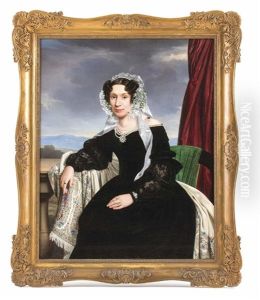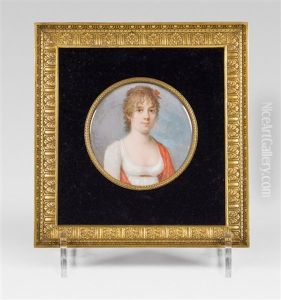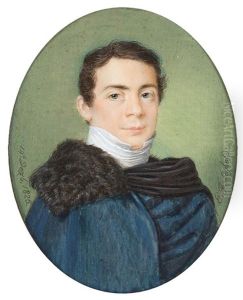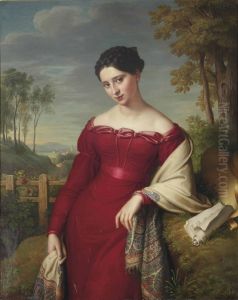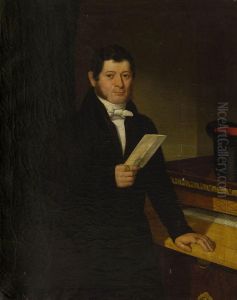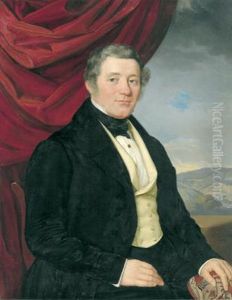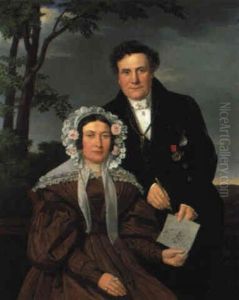Eduard Friedrich Leybold Paintings
Eduard Friedrich Leybold was a German artist known primarily for his work as a lithographer and painter. Born on March 20, 1798, in Stuttgart, Germany, he developed an interest in art at an early age. Leybold studied at the Academy of Fine Arts in Dresden, where he honed his skills and became proficient in various artistic techniques, particularly lithography, which was a relatively new medium at the time.
Leybold's career spanned a period in which Europe was undergoing significant cultural and political changes. He was a contemporary of the Romantic period, which had a profound influence on his artwork. Leybold's lithographs often portrayed landscapes, historical events, and portraits, capturing the essence of his subjects with a romantic sensibility.
During his career, Leybold also showed an interest in teaching and became a professor at the Academy of Fine Arts in Vienna. His influence extended to his students, whom he instructed in the art of lithography and painting, thus contributing to the spread of these techniques throughout the region.
Leybold's works were well-received during his lifetime. He was appreciated not only for his technical skill but also for his ability to convey emotion and narrative through his art. Although Leybold may not be as widely known today as some of his contemporaries, his contributions to the field of lithography and the art world during the 19th century are noteworthy.
Eduard Friedrich Leybold passed away on May 14, 1879, in Vienna, Austria. His legacy lives on through his artworks, which continue to be studied and appreciated for their historical value and artistic merit. Leybold's lithographs, in particular, provide a window into the techniques and styles that were prevalent during his time and have found a place in various collections and museums around the world.
